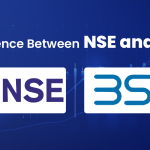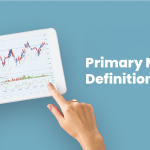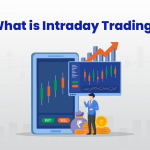People who work in finance and trade often use the phrase “Market Bid Price,” but it may not always
be clear what it means. Whether a seasoned investor or a beginner, you need to know the Bid
Price to make intelligent choices in the financial markets.
What Does “Bid Price” Mean?
The Bid Price is the most that a buyer is ready to pay for a good, security, or asset at that very
time. A fundamental idea in trading is the bid-ask spread, which is one-half of. The asking price
is the least amount of money a seller will take for the same security. It is different from the Bid
Price. All of these prices work together to make up market deals.
Take the case of a stock with a Bid Price of $50 and an ask price of $51. It means that people
who want to sell want at least $51 per share, while those who want to buy will get $50.
How Do You Figure Out The Bid Price?
The Bid Price is set by people in the market and is affected by many things. Some of these are
supply and demand, market mood, economic indicators, and how well the security has done
generally. The Bid Price may be closer to the asking price in a market with many buyers and
sellers. It could make the bid-ask spread smaller. On the other hand, the spread can be more
significant when the market is less flexible. It means there is either more doubt or less
competition.
Brokers and market makers are also significant in setting the Bid Price. They keep changing the
bid and asking prices to show how the market is doing. It makes sure that transactions go
smoothly.
Why The Bid Price Is Important In Trading
For buyers and investors, knowing the Bid Price is essential for several reasons:
● Points to Enter and Leave a Deal: The Bid Price helps you decide when to enter and
leave a deal. If you choose to sell, the bidding price will probably be what you will
obtain. Conversely, you will pay the asking amount if you choose to purchase. Knowing
the bid price helps you assess a trade’s potential loss or profit.
● Liquidity Indication: The liquidity indicator displays the state of a market, just as the Bid
Price and asking price do. You can buy and sell equities quickly and at competitive
pricing in a market with a lower bid-ask spread.
● Sentiment on the Market: The bidding price reveals the desired purchase value of a
house. Should the price rise, many people may desire to purchase it; yet, should the
price fall, demand may be declining. Traders keep an eye on variations in the Bid Price
to gauge market mood and modify their strategies as necessary.
Conclusion
Purchasing and investing also heavily rely on the Bid Price. Knowing what it implies and how it
will affect your transactions helps you make better financial market decisions. Whether you
purchase or sell, you have to monitor the bid price. It will enable you to trade more boldly.










